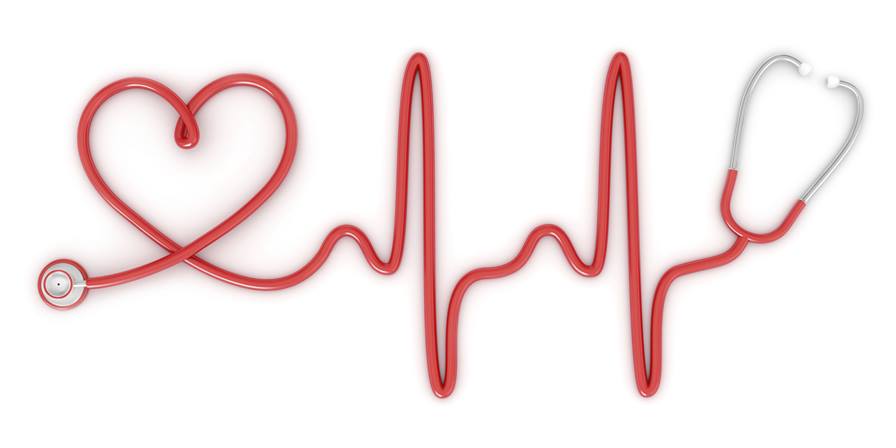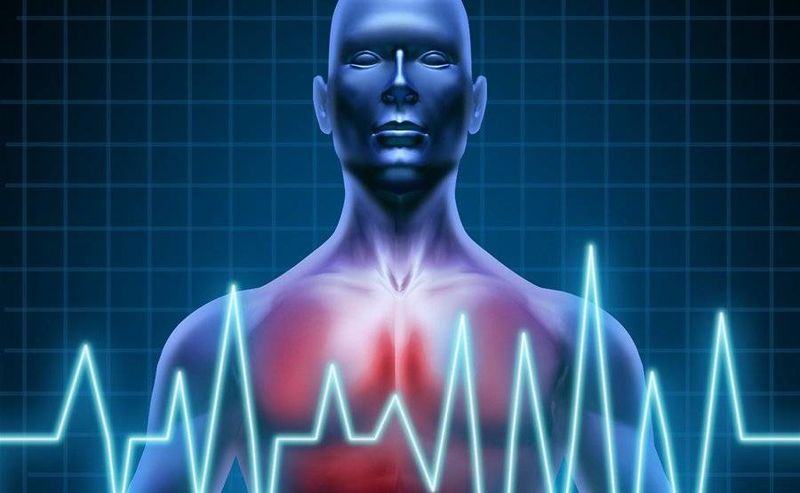Atrial fibrillation is the most common heart rhythm abnormality and it results in the upper chamber of the heart to beat extremely fast, 500 to 600 beats a minute approximately which causes an irregular rapid heartbeat. It is very much an age-related problem, its rare before fifty. It’s more common if you have other types of heart disease if you’re very obese sometimes it runs in families so, its a very common and important problem affecting about over five million adults in the United States of America.
What is Atrial Fibrillation?
Our heart is a pump with its very own complex electrical system. It is this electrical system that can have problems sometimes, which are called heart rhythm problems these heart rhythm problems can cause severe symptoms and sometimes they can be life-threatening. One such heart rhythm problem is Atrial fibrillation also known as Afib. It is an irregular rhythm that starts in the top left chamber of the heart called the left atrium. The heart has four chambers, the two upper chambers are called atria and the two lower chambers are called ventricles. Under normal conditions, the upper and the lower chambers of the heart work together to pump blood throughout the body. The bloodstream enters the atrium where the blood is pumped to the ventricles in a regular and coordinated way, from there blood is pumped from the ventricles to various parts of the body. A healthy heart beats in a regular steady rhythm or pattern.
In Atrial Fibrillation the top two chambers of the heart or the atria beat very fast and in an irregular pattern that is out of rhythm. Due to this irregular pattern, the atria do not coordinate with the ventricles and the heart is out of rhythm. Atrial Fibrillation occurs when the electrical signals start in the wrong place and misfire, the faulty signals cause the atria to quiver and not contracts completely. The signals spread across the heart in a rapid disorganized way, which may, in turn, lead to a stroke or death.

The most common cause(s) of Atrial Fibrillation:
- Age- It is often referred to as a disease of the elderly, as a person ages the risk of developing atrial fibrillation increases. With age the memory fades, Use our tracking app to track your dose, the purpose, and the side effects of the medicine you’re taking.
- Heart Surgery- If someone goes through heart surgery, there is irritation in the lining around the heart and that can cause an extra heartbeat. So, take care of your heart to avoid surgeries.
- Diabetes – Diabetes causes glucose and insulin imbalance in the body which causes the myocardium in atrium and ventricles leading to atrium fibrillation. You can adhere to your medicine time table with a tracker app which is programmed to keep a log of your medicine intake.
- High blood pressure- The blood vessels are strong and resilient but they too have their limits. If they are constantly pressurized, they start to exhaust, with time they narrow down and cut blood flow. If not treated well, it can lead to atrial fibrillation. You can use Medicine Tracker to manage your medications and pills as the blood pressure is controlled by a day to day pill and if you miss the pill, it might lead to complications.
- Sleep apnea- When breathing stops or becomes critically shallow during sleep, then the person is suffering from sleep apnea. A person suffering from this disease tend to wake up partially or completely when the brain doesn’t get enough oxygen. Long term untreated sleep apnea can cause atrial fibrillation. If you notice certain symptoms, go see a doctor immediately and get your treatment started. Also, keep track of your treatment with Medicine treatment.
Foods to avoid:
- Alcohol.
- Fast food.
- Salt.
- Ready-to-use Oatmeal.
- Aged Cheese.
- Coffee.
- Red meat.
- Butter.
- Fried foods.
- Energy drinks.
- White rice.
Can atrial fibrillation lead to a stroke?

People with Atrial Fibrillation have a greater chance of stroke. In addition, the strokes due to Atrial Fibrillation are more severe. Atrial Fibrillation can cause strokes even if patients don’t have symptoms. In fact, a significant number of patients who have a stroke and they don’t know the cause, they can have Atrial Fibrillation as an underlying reason. During Atrial Fibrillation blood can collect or pool in your heart and cause a clot to form. If this happens the clot can travel from the heart to the brain and cause a stroke. If you have Afib, you’re five times more likely to have a stroke than someone who doesn’t have it. It’s important to talk to your health care provider about your risk of stroke and how to reduce it.
Different people have different risks of stroke, some have a high risk of strokes and some have a low risk of strokes. But if you have Atrial fibrillation then your stroke risk on an average is five-fold increased so there are a number of different treatments to lower the risks of the strokes. The tracking app can help you find the right treatment for you and keep a track of it. Medications are also used to control the age of revelations or procedures to cauterize the age of fibrillation. So, there are other medications just to slow it down depending on the situation. In some patients, there may be a very high risk of stroke maybe 10% per year, in other patients the risk of stroke is extremely low despite Atrial fibrillation. There are various anti-coagulants used to lower the risk of strokes. There are different techniques developed to lower stroke risks such as appendage occlusion. There are different treatments other than medications like cardioversion, catheter ablation, surgical ablation, and atrial pacemaker implantation.
Talk with your healthcare provider or use the Tracker to check which treatment options are best for you. Whichever plan you decide on its important to remember that Atrial Fibrillation is a progressive disease, the longest you wait to restore your heartbeat the more difficult it is for your heart to return to a normal rhythm. Finally, keep in mind that a comprehensive approach to treating all risks of Atrial Fibrillation is important.